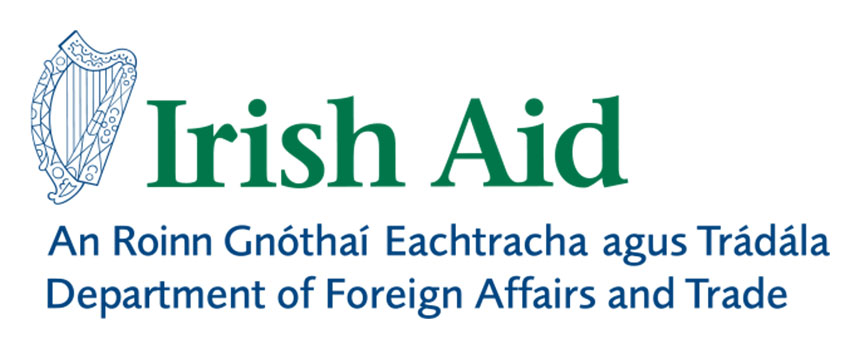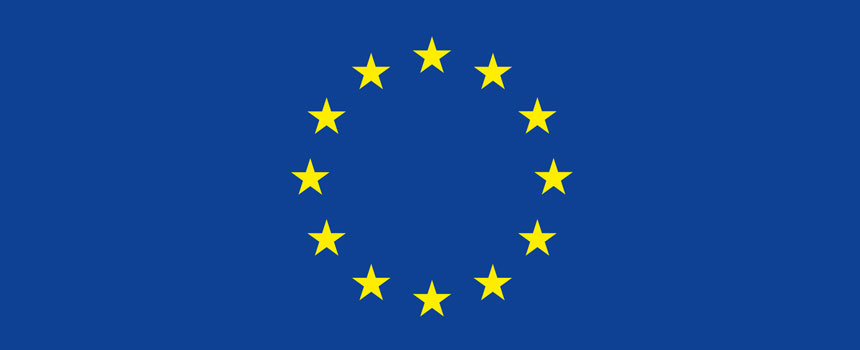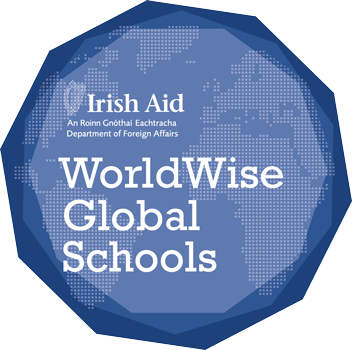Who has the Power?
No one can respect the conditionalities of certain donors. They are so complicated that they themselves have difficulty getting us to understand them. This is not a partnership. This is a master relating to his student.” – Amadou Toumani Toure, former President of Mali
Overview
In Who has the Power? we explore the responses of governments and institutions to the 2008 financial crisis. We examine if there are differences between how ‘Northern’ and ‘Southern’ nations are treated by international lenders and how governments are responding to powerful organisations like the IMF or the ECB. We also look at democracy, and the role of governments. Who makes the decisions? What is the current political response of states and institutions to the crisis? Is it different in different parts of the world? And if so, why?
Learning Outcome
That participants will learn about the key international actors and institutions in the global economic crisis, examine their roles in responding to the crisis, and also consider power and decision-making.
Table of Contents
- Resources
- 1. Article: On Democracy – Noam Chomsky Interviewed by Tom Morello (1996)
- 2. Article: Politicians are Deserting Democracy – Ann Cahill
- 3. Article: What are the Bretton Woods Institutions?
- 4. What are the Main Concerns and Criticisms about the World bank and IMF?
- 5. Ireland’s Year at the IMF and the World Bank
- 6. Blog: Ilene Grabel’s blog on how the IMF got it wrong
- 7. Interactive website: Evicted and Abandoned: How the World Bank Broke its Promise to Protect the Poor
- 8.Video: Brussels Lobby Tour – CEO
- 9. What's left of Freedom? Wendy Brown in conversation with Zuzanna Ładyga
- 10. Blog: Power and Decision Making in the Global Economy – Fergal Finnegan
- Discussion Questions
- Learning Journal
- Extra Resources
Resources
1. Article: On Democracy – Noam Chomsky Interviewed by Tom Morello (1996)
In this interview conducted twenty years ago, American musician and activist Tom Morello, and public figure Noam Chomsky talk about democracy.
2. Article: Politicians are Deserting Democracy – Ann Cahill
According to this article from the Irish Examiner, President Michael D. Higgins accused politicians of abandoning democracy and leaving people to the mercy of credit rating agencies, as he addressed the Council of Europe in early 2015.
3. Article: What are the Bretton Woods Institutions?
A very simple introduction to the Bretton Woods Institutions – the World Bank and the International Monetary Fund – from UK think-tank, The Bretton Woods Project.
4. What are the Main Concerns and Criticisms about the World bank and IMF?
Another simple overview of the main issues associated with the Bretton Woods Institutions from The Bretton Woods Project.
Read more
5. Ireland’s Year at the IMF and the World Bank
Extract from Debt and Development Coalition’s 2015 Annual Report (Financial Justice Ireland's former name) on the WB and IMF, giving an overview of how Ireland participated in these institutions in 2014/2015.
6. Blog: Ilene Grabel’s blog on how the IMF got it wrong
Writing in Triple Crisis, Ilene Grabel examines two IMF reports that show how the institution misread and misunderstood the global financial crisis.
Read more
7. Interactive website: Evicted and Abandoned: How the World Bank Broke its Promise to Protect the Poor
This research looks at the impact of the World Bank’s resettlement projects around the world. ICIJ and The Huffington Post estimate that 3.4 million people have been physically or economically displaced by World Bank-backed projects since 2004.
You can view the website here (this website contains footage that some viewers may find upsetting.)
8.Video: Brussels Lobby Tour – CEO
This 10-minute video by Brussels watchdog Corporate Europe Observatory exposes the role corporate lobby groups have in EU decision-making – who they are, how they get what they want, and how their secretive activities affect us.
9.What's left of Freedom? Wendy Brown in conversation with Zuzanna Ładyga
Wendy Brown asks how we have arrived at what may be the most irresponsible anti-social and undemocratic understanding and practices of what ‘freedom’ is in modern Western history.
10. Blog: Power and Decision Making in the Global Economy – Fergal Finnegan
In Ireland the crisis has cooled and congealed into a set of hard lessons about the necessity of living with less. Most of us have less money and resources, and year after year of cuts means that health, education, and welfare services are now badly underfunded. But there has certainly been no shortage of one thing since 2010 – we have had regular servings of a thick and indigestible alphabet soup…
Read more
Discussion Questions
- Do you agree with President Higgins’ sentiment that democracy is in peril? Why?
- Which of the international financial institutions is more democratic, in your opinion?
- What role does Ireland play at the IFIs?
- What have been the impacts of IFIs and big business in other parts of the world?
- What steps would need to be taken to ensure economic governance becomes more democratic?
- Does learning about corporate lobbying change the way you think about democracy? How?
- What other political influencers are excluded from the resources?
Learning Journal
- What are the impacts of government, IFIs, or capital investors on my life? What are the effects on the lives of other around the world?
Extra Resources
| Grain Media | Video: Our Land, Our Business. This animation looks at the effect that the World Bank’s “Doing Business Rankings” have had on national government policies in the global south. | |
| S&F Online | Video: What is neoliberalism? | |
| How Neoliberal Thinkers Spawned Monsters They Never Imagined | An interview with Wendy Brown, who traces the intellectual roots of neoliberalism and reveals how an anti-democratic project unleashed monsters – from plutocrats to neo-fascists – that its mid-20th century visionaries failed to anticipate. She discusses how the flawed blueprint for markets and the less-discussed focus on morality gave rise to threats to democracy and society that are distinct from what has come before. | |


